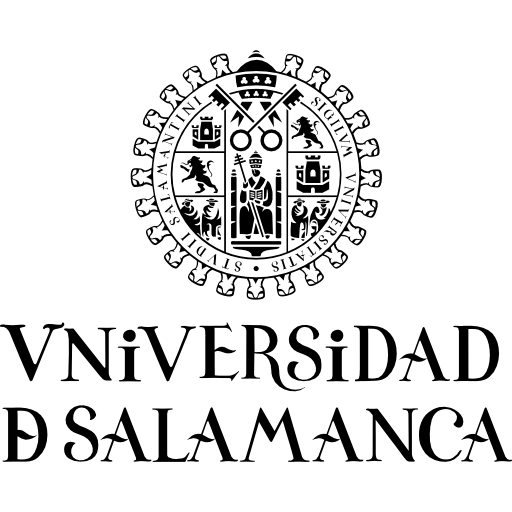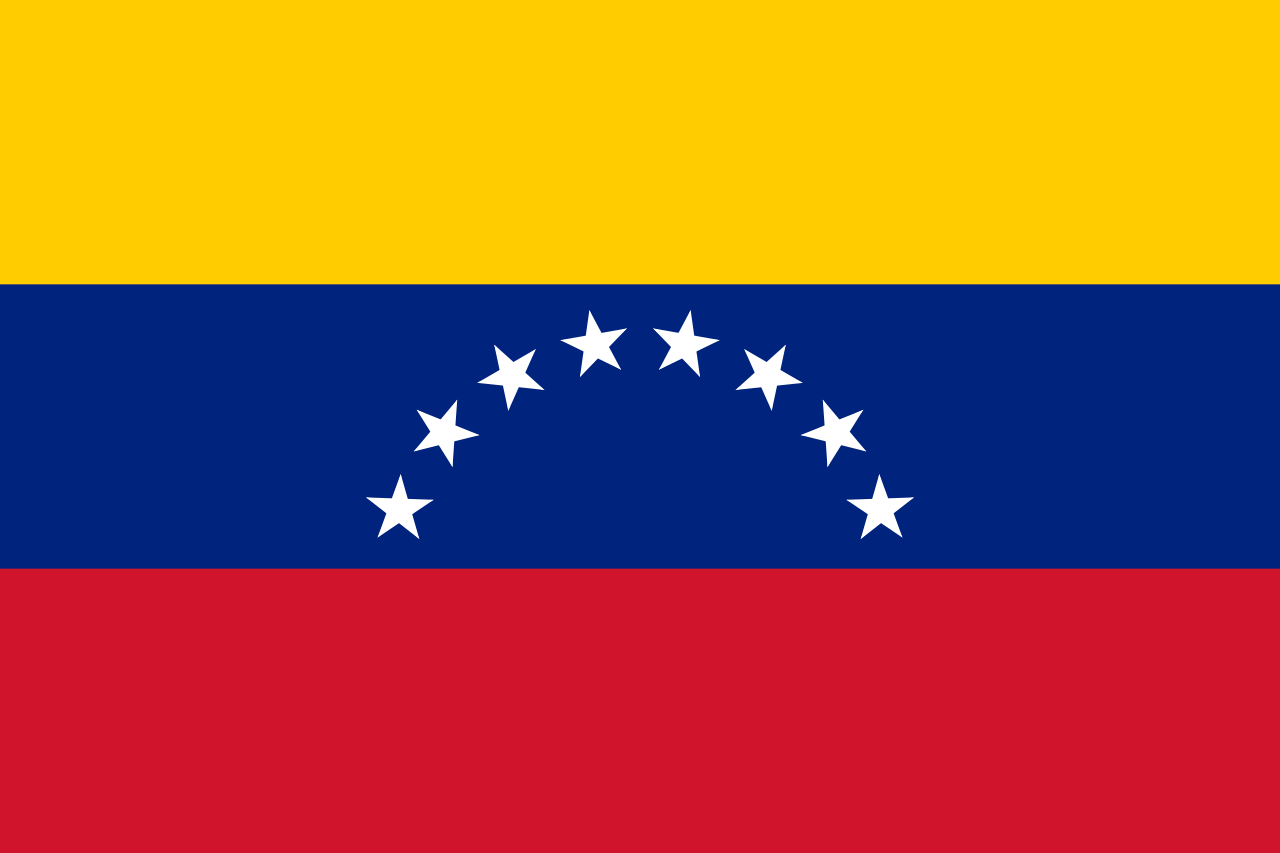
Universidad Estatal de Milagro (UNEMI), in collaboration with the Spanish Council of Ibero-American Studies and the University of Salamanca, invites academics, researchers, and professionals to the IX Ibero-American Biometrics Meeting (EIB) 2025 in Quito, Ecuador. This international congress will address advances in biometrics and statistics in areas such as health, agriculture, and sustainability, fostering collaboration and innovation. Join us to connect with experts, share knowledge, and promote scientific and sustainable progress in Ibero-America.
Program
Event Brochure
Stay informed and get ready for the upcoming IBERO-AMERICAN BIOMETRICS MEETING 2025 virtual conference. You can download the official brochure below to explore the full program, session details, and key information at a glance.
-
Download
 Event Brochure
Event Brochure
Timeline
Important Dates
Registration
March 17 - May 9, 2025
Acceptance Notification
May 26, 2025
Camera Ready
June 24, 2025
Conference Dates
July 9-11, 2025
Committee
Scientific Committee

Dr. Fabricio Guevara Viejó 
Rector , UNEMI
ECUADOR

Dr. Juan Manuel Corchado Rodríguez 
Rector , USAL
ESPAÑA

Dr. Claudio Ruff 
Rector , UBO
CHILE

Dra. Adriana Pérez 
President of the Central American and Caribbean Region
ECUADOR

Mt. Jessica Vera Bermúdez 
President of the Ecuadorian Statistical Society
ECUADOR

Dra. Susana Pérez Álvarez 
President, Spanish Biometrics Group
ESPAÑA
Get access to two premier academic events
-
 Access to both the IX Ibero-American Biometrics Meeting and the International Statistics Symposium 2025
Access to both the IX Ibero-American Biometrics Meeting and the International Statistics Symposium 2025
-
 Expand your network with experts from both events and enhance your academic experience through interdisciplinary collaboration
Expand your network with experts from both events and enhance your academic experience through interdisciplinary collaboration
Academic Events
Registration Fee
Value Added
Committee
Organizing Committee

Dr. Edwin Carrasquero 
UNEMI
ECUADOR

Dr. Paolo Geovanny Fabre Merchán 
UNEMI
ECUADOR

Dr. Purificación Galindo Villardón 
USAL
ESPAÑA
Committee
Logistics and Communications Committee
Scientific Excellence Since 2007
The IX Ibero-American Biometrics Meeting is an international academic congress that has brought together experts since 2007. Originally organized by the University of Salamanca and the Spanish Council of Ibero-American Studies, this event promotes the exchange of knowledge in statistical and mathematical methods applied to disciplines such as Biology, Medicine, Psychology, Pharmacology, and Agriculture.
- Access cutting-edge research in biometrics applied to public health, sustainable development, and statistical methodologies
- Network with leading experts and researchers from across Ibero-America in a collaborative environment
- Share your research through presentations and contribute to the advancement of biometric applications
Global Networking
Connect with international experts and boost scientific networks for sustainable development.
Research Excellence
Foster interdisciplinary debates and advance biometric methodologies.
Innovation Impact
Develop cutting-edge solutions for local and global challenges.
Knowledge Exchange
Share expertise in health, wellness, and sustainability research.
Topics to be Developed
-
Development and application of advanced techniques: PCA and Neutrosophic Principal Components, Biplot, STATIS, Tucker models
-
Integration of Artificial Intelligence, Big Data in multivariate analysis, and the use of machine learning and neural networks.
-
Evaluating the quality and robustness of models with missing data and improving complex models.
-
Domestic and Gender-Based Violence: Using multivariate models to study factors contributing to domestic violence, particularly gender-based violence.
-
Applications of text mining, systematic reviews and meta-analysis for information synthesis
-
Advanced methods of multivariate analysis in social and related sciences
-
Measurement and analysis of poverty, social inequality and sustainable development
-
Models of electoral behavior and their relationship with globalized markets
-
Analysis of public opinion, social networks and political decision-making
-
Analysis of complex epidemiological clinical patterns: Prediction and diagnosis
-
Integration of genomic, radiological, and clinical data for personalized treatment
-
Predictive models for early detection and management of pandemics
-
Evaluating the impact of public health policies and prevention strategies
-
Using neutrosophic multivariate models to identify factors influencing academic performance in contexts of uncertainty
-
Neutrosophic longitudinal studies on the evolution of learning at different educational levels in changing contexts
-
Implementation of multivariate neutrosophic techniques in massive databases and improvement of educational quality through teaching strategies
-
International comparisons of academic performance using neutrosophic analysis and evaluation of the impact of educational policies
-
Neutrosophic multivariate indicators for measuring environmental sustainability in strategic sectors
-
Ecological footprint analysis and sustainable management of natural resources using neutrosophic models, considering the uncertainty in the relationship between resource consumption and ecosystem carrying capacity.
-
Predicting the impact of climate change on ecosystems and communities
-
Use of predictive models for the efficient management of natural resources
-
Application of neutrosophic analysis and multivariate data integration for sustainable urban planning in smart cities
-
Public policy evaluation, multivariate analysis and neutrosophic strategies to assess the effectiveness of strategies for biodiversity conservation
-
Development of neutrosophic methodologies and indices to integrate environmental data and measure biodiversity, sustainability, and ecosystem resilience to climate change
-
Application of multivariate neutrosophic techniques and identification and modeling of financial, environmental and operational risks
-
Vulnerability assessment and crisis mitigation strategies
-
Application of neutrosophic predictive models in planning and response to natural disasters
-
Resource optimization in emergencies through multivariate analysis
-
Modeling the life cycle of products and materials in industry by applying multivariate neutrosophic techniques
-
Assessment of the economic and environmental impact of circular economy models
-
Optimization of supply chains, logistics and industrial recycling
-
Neutrosophic multivariate analysis to evaluate the effectiveness of public policy incentives in the transition to sustainable economies
Plans
Register Now
SPEAKER
$300
A 20% discount will be applied for UNEMI Faculty
our registration includes free VIRTUAL access to the plenary sessions of the 2025 International Statistics Symposium. If register before June 9/2025.
ATTENDEES
$100
A 20% discount will be applied for UNEMI Faculty
our registration includes free VIRTUAL access to the plenary sessions of the 2025 International Statistics Symposium. If register before June 9/2025.
STUDENT
$0
For presentation or attendance (If attendance certificate is required)
our registration includes free VIRTUAL access to the plenary sessions of the 2025 International Statistics Symposium. If register before June 9/2025.
Indexes






























